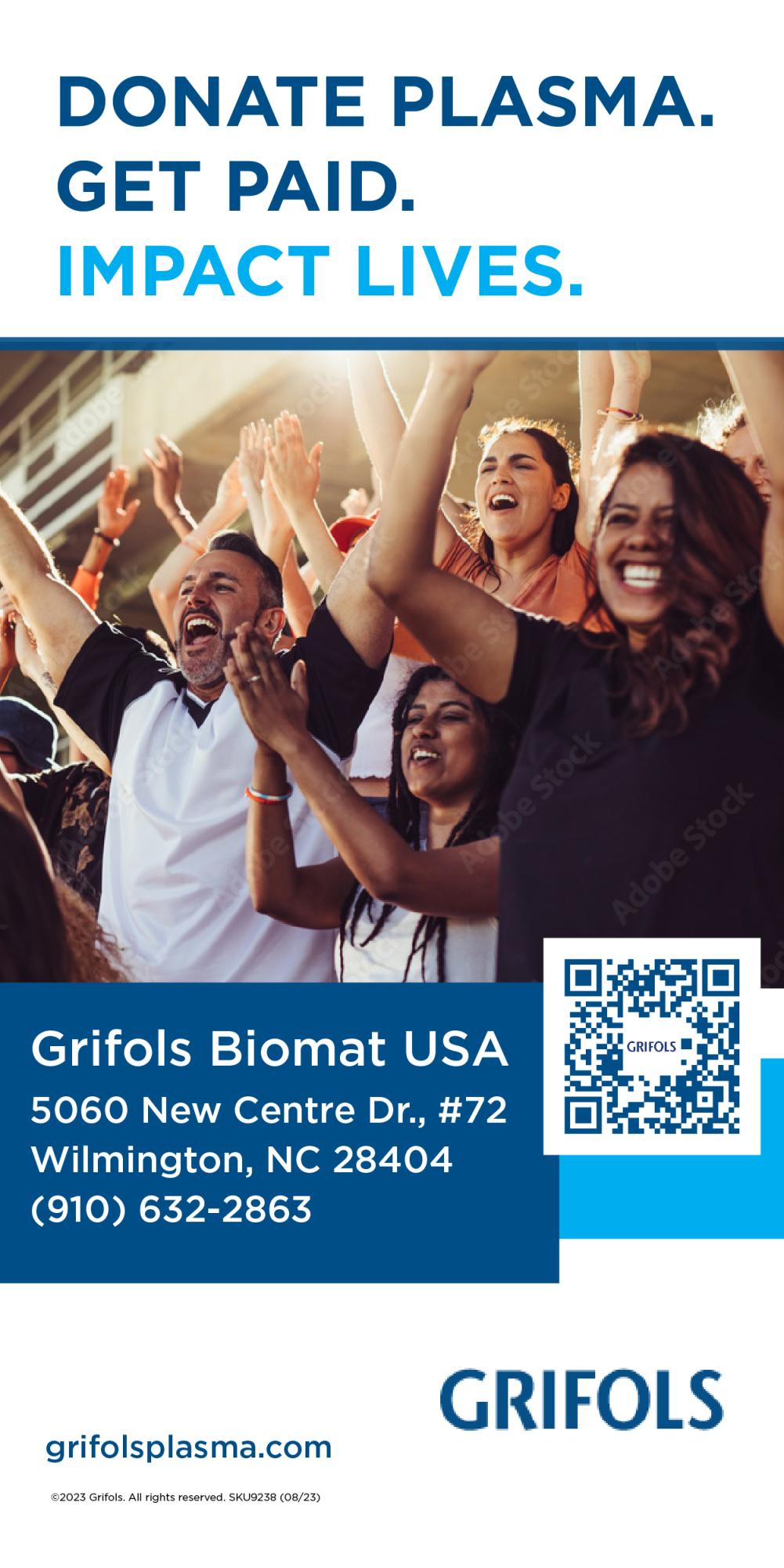Genocide Awareness Project comes to UNCW
April 13, 2015
On April 8 and 9, UNC Wilmington’s main walkway, Chancellor’s Walk, became crowded with students stunned to a standstill by images of aborted fetuses stretched along a display the size of a billboard.
UNCW’s Ratio Christi and College Republicans sponsored the controversial exhibit, whose presence was protected by the First Amendment to the US Constitution. The display belonged to the Genocide Awareness Project, a mobile exhibit that has reached millions of students on university campuses since its origin in 1998. The images compare abortion to historical and contemporary injustices, suggesting abortion is equally as atrocious as genocide.
Maggie Egger, Project Director for the Bio-Ethical Reform, has been dedicated to the Genocide Awareness Project for the past two years.
“We’re here to show that the unborn is a human being, and that abortion dismembers and kills human beings,” said Egger, “Considering 12 million human beings are killed every year, it’s a very pressing issue.”
The images intended to garner attention and concern from students. “There are a lot of people who think they don’t need to worry about abortion,” Egger said, “[These images] force people to pick a side and no longer be apathetic.”
Captions such as “Butchered Children” and “Should Government Permit Child Abuse?” starkly contrasted with the dozen UNCW students yelling compliments to passersby and assuring women they are loved no matter what they choose to do with their bodies.
In response to the Genocide Awareness Project’s presence on campus, UNCW students employed positivity in a way that would counter the images’ traumatizing effects without escalating the situation.
Lauren Kamoda, President of UNC Wilmington’s Feminist Student Alliance, first learned about the plans for a Genocide Awareness Project at UNCW through her role as a CARE Peer Educator. “I brought it to FSA and said ‘We need to do something,’” said Kamoda.
FSA then recruited PRIDE, WSRA, and NARL to form a joint response and maximize their effectiveness. What they didn’t predict, however, is that many non-members would join the effort.
Mekiya Walters, a senior at UNCW, is unassociated with any of the student organizations occupying Chancellor’s but felt a need to be a part of the response.
“I think it’s so important people can share a public space without being told that their decision is invalid,” Walters said.
Walters was one of several students on Chancellor’s Walk to show support for students by holding a sign donning words of encouragement. His read, “Your Choice is Valid and You Are Loved.”
Other signs acted as a distraction from the abortion images, sharing facts about pugs or referencing Mean Girls with “They Don’t Even Go Here!”
“We’re concerned about students being triggered and disturbed by these images,” said Hannah Gilles, Secretary of FSA. “We want to be a positive distraction.”
Gilles saw several students break down crying in reaction to the Genocide Awareness Project, some of which she learned had abortions or miscarriages.
“Students have a right to walk down Chancellor’s and not be disturbed emotionally,” said Gilles, “We’re not here as a pro-choice group. We’re here as a pro-student group.”
By passing out condoms, candy, and compliments, UNCW’s FSA and other student organizations attempted to lessoned the effects of the Genocide Awareness Project’s graphic images in a non-threatening way.














